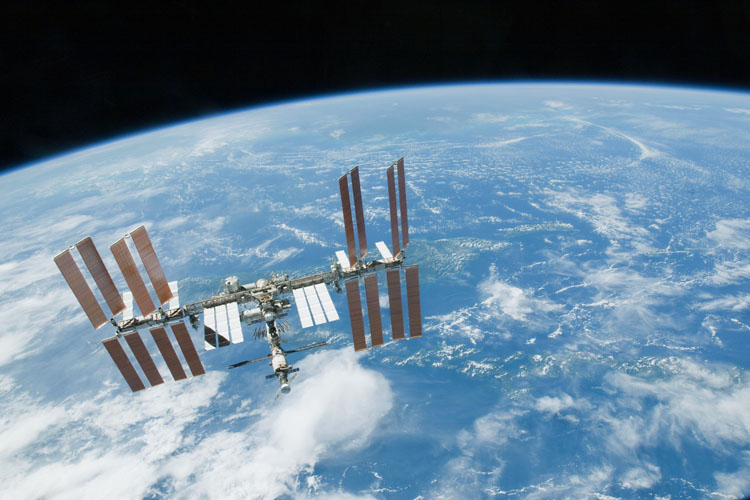
The Bible tell us that nature definitely points to God’s existence. See for example Romans 1:19-20 and Wisdom 7:17-22. The Catechism similarly affirms that “When he listens to the message of creation and to the voice of conscience, man can arrive at certainty about the existence of God, the cause and the end of everything” (46).
The Catechism goes on to affirm that the origin of the human species “has been the object of many scientific studies which have splendidly enriched our knowledge of the age and dimensions of the cosmos, the development of life-forms and the appearance of man. These discoveries invite us to even greater admiration for the greatness of the Creator…” (283). Such science must be interpreted by human reason, for instance by “philosophy of science”. For science is “strongly stimulated by a question of another order, which goes beyond the proper domain of the natural sciences, … [that] of discovering the meaning of such an origin” (284).
The deeper discoveries of natural reason have always been based on observation and comparison of aspects of the natural world. They have always been in harmony with supernatural revelation; that is, with what the Creator tells us more directly through the Jesus Christ – most succinctly in the formal teaching of the Church.
Man has always been an explorer and “discovers… progressively” “the order and harmony of the created world” (341). Modern science simply uses more sophisticated tools to do so. Science, therefore, is just a development of human reason. So, properly interpreted, it too will be in harmony with revelation.
The Catechism (159) quotes the Second Vatican Council, which states: “Methodical research in all branches of knowledge, provided it is carried out in a truly scientific manner and does not override moral laws, can never conflict with the faith, because the things of the world and the things of faith derive from the same God” (Gaudium et Spes, 36).
Why can’t I just have faith in science as the way to understand the world?
During the Middle Ages, science was defined as “the knowledge of things from their causes.” Under Aquinas‘ definition, even theology was considered a science, because it involved a quest for knowledge.
However, after the work of modern thinkers such as Isaac Newton and Galileo Galilei, the concept of “science” shrank to accommodate what had once been called natural philosophy, or natural science.
In 1837, William Whewell coined the term scientist to describe a person who seeks systematic explanations for observed phenomena.
Science is a helpful tool when it comes to understanding the world, but it’s not the only tool we use to understand the world, any more than a hammer is the only tool you use to build a house.
The danger we face today is that both professional scientists and a growing number of laypeople rely on science to be he sole arbiter of truth. Physicists Stephen Hawking and Leonard Mlodinow wrote in their 2009 book The Grand Design:
What is the nature of reality? Where did all this come from? Did the universe need a creator? Traditionally, these are questions for philosophy, but philosophy is dead. Philosophy has not kept up with modern developments in science, especially physics. Scientists have become the bearers of the torch of discovery in our quest for knowledge.
But the torch of science can’t illuminate the answer to every question we have about the world. For example, science relies of philosophy in order to know what science even is, how science works, and what counts as science.
Science also relies on the philosophical assumption that the world operates under scientific laws that are the same across the universe and are the same yesterday and tomorrow.
Also, since modern science is restricted to the search for natural explanations that can be tested, it must be neutral on the question of whether God exists. Science cannot disprove God, nor can it invoke God as part of a scientific theory, because God can’t be tested.
Science is an excellent tool for learning about the natural world, but it is not a panacea that can remedy everything, nor was it ever meant to carry such a burden.